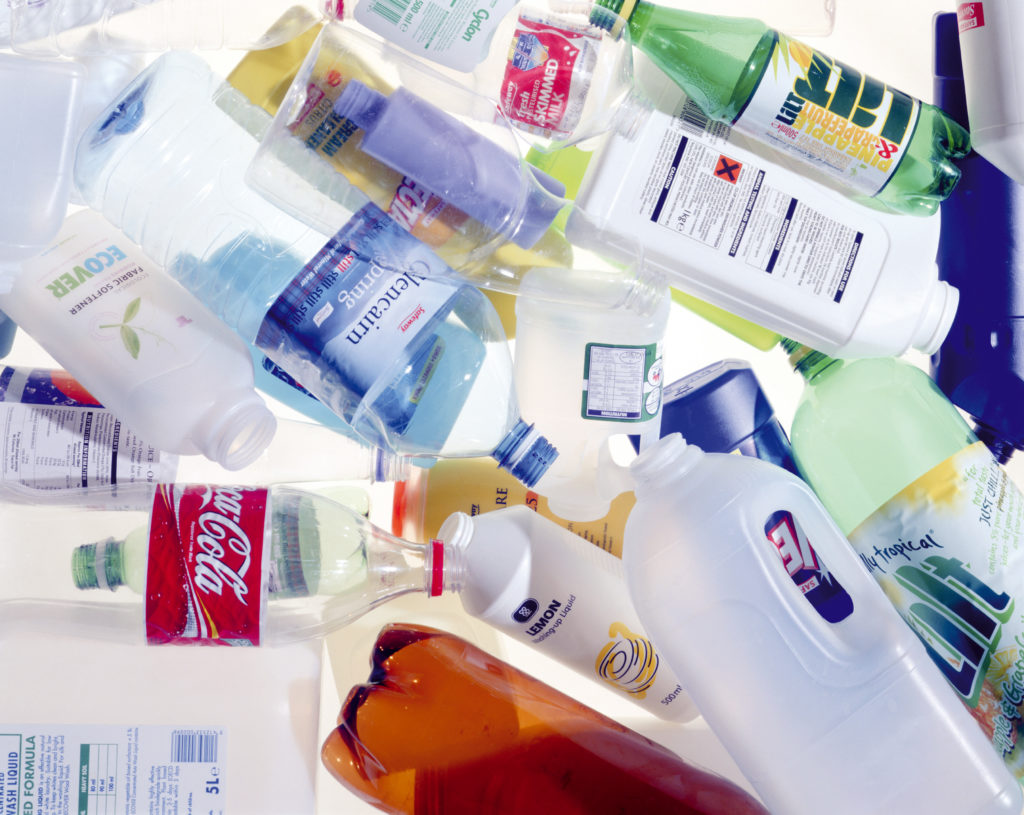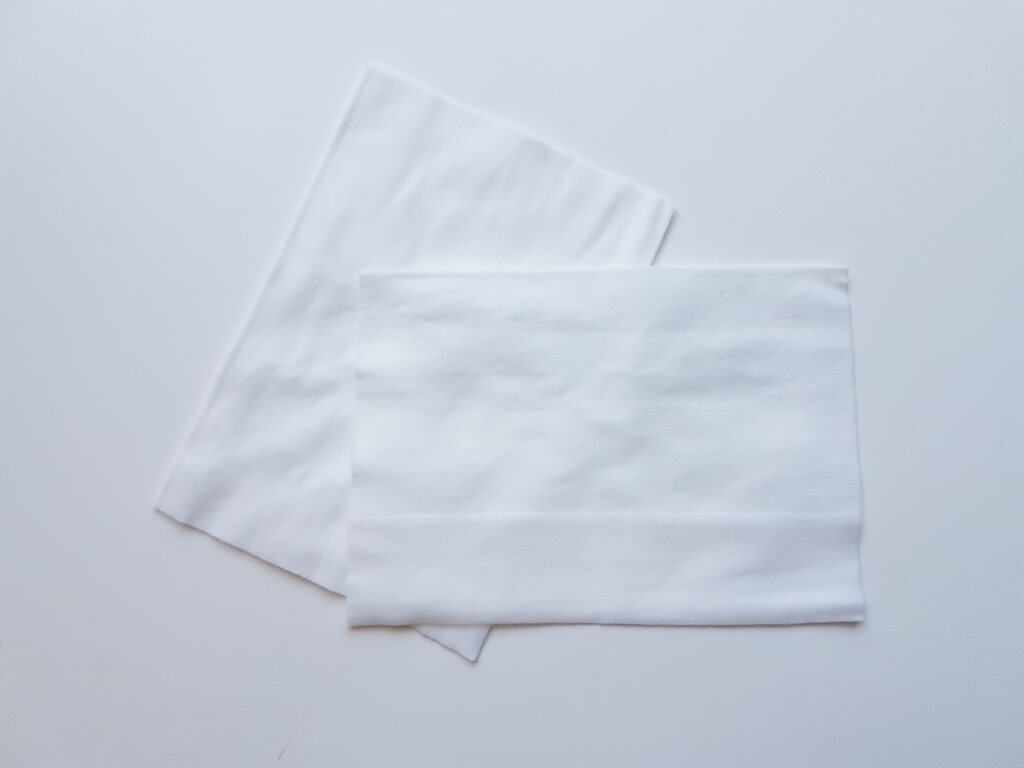The suggestion comes within an interim report on preparations to make producers of farm plastics other than packaging pay for collection and recycling of non-packaging farm plastic waste. The report is expected to be published soon.
” It would appear that there is sufficient reprocessing capacity to cope with a much larger recovery rate than is currently being achieved “
– Ivan Good, CIWM
One of the possibilities would see accredited reprocessors issuing tradable evidence of recovery and recycling.
The report was compiled by Valpak and ADAS on behalf of industry group the Agricultural Waste Stakeholders Forum.
The research found that the UK already has enough capacity to handle the estimated 67,000 tonnes of non-packaging farm plastic waste produced every year. But, while collection firms are available across the UK, there do appear to be areas where collection is not yet available.
Producer responsibility
Under one proposed responsibility system, producers and importers would be obligated and would be required to purchase evidence to offset their obligations. It has also been suggested that an independent body would be set up to sell penalty ARNs if there was not sufficient supply from reprocessors.
The alternative proposed system is a target-based producer levy, with a levy placed directly on producers. The levy would be target-based and would increase year on year as targets increased. The levy would then be used to fund collection systems.
Reprocessors
There are 10 reprocessors of agricultural waste plastic, spread across the UK, the report noted. Ivan Good, executive administrator of the project management board at CIWM, told letsrecycle.com: “It would appear that there is sufficient reprocessing capacity to cope with a much larger recovery rate than is currently being achieved.”
When questioned, a further 21 general plastics reprocessors expressed an interest in reprocessing the material.
Collectors
The report found that there is a “considerable” number of collectors across the UK, although only 19% of these have been operating over 1 year.
” Collection scheme coverage appears to be national, but not all farmers can receive a collection “
Agricultural Waste Plastics Collection and Recovery Programme, interim report
“Collection scheme coverage appears to be national, but not all farmers can receive a collection. Many schemes are expanding their area and intensity of their collection,” it said.
Collection costs have been estimated at between 113 and 93.24 per tonne, with collection schemes only expected to be economically viable if over 1,000 farms participate in the service.
Contamination
One of the major areas holding back the development of a national network is that of contamination. According to the interim report, levels of soil contamination can reach as much as 80%.
Mr Good said: “One of the drawbacks is the quality of the collected material, because it is a lightweight material often the weight of the soil stuck to it can be greater than the material itself.
| Related links: |
“Some reprocessors do not have a problem with the contamination, but for collectors the cost can be very high because they are carrying so much contamination. If the level of contamination is reduced, the process improves,” he added.
Mr Good explained that Defra would be looking into the possibility of reducing the contamination levels. He also said that the government would be announcing three trials connected to the preparations for producer responsibility, with trials scheduled to be completed by June next year, one of which will look into addressing the issue.










Subscribe for free